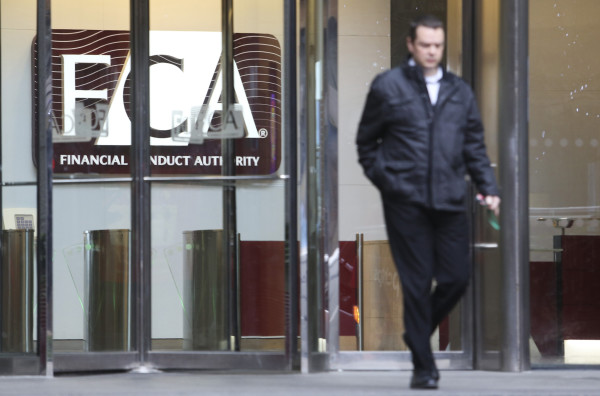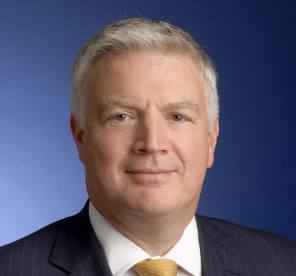

The Personal Finance Society has welcomed the regulator's admission that the introduction of the pension freedoms in 2015 should have been planned better to avoid pension scams.
Keith Richards, chief executive of the Personal Finance Society, said the pension freedoms were introduced too quickly, which had allowed scammers to infiltrate the market.
He said measures such as the cold-calling ban, which was introduced this year, should have been in place from the beginning to combat scams.
He said: “The FCA is now making commitments to police the regulatory perimeter, but in the past this area fell between many stools – the police were responsible for investigating fraud, the Treasury and department for Work and Pensions were in charge of authorising occupational pension funds from a tax and regulatory perspective, and the FCA policed conduct of regulated activity.
“Scammers managed to get enough authorisations to look respectable, without having their activities properly monitored. It took a long time for all the organisations involved to develop a co-ordinated approach.”
Speaking at the Cambridge Economic Crime Symposium last night (September 4) Charles Randell, chairman of the Financial Conduct Authority, said policymakers needed to learn lessons from the experience of introducing the new pension rules.
He said: “A very major change of policy like this needs a substantial period of planning and testing, so that all the necessary safeguards against skimming and scamming are integrated before it is launched.”
Mr Randell, who also hinted at the possibility the watchdog will restrict the sale of high risk assets, noted that pension freedoms were implemented in 2015, relatively soon after they were announced in 2014, but responses to the risk of skimming and scamming are continuing to be developed.
“For example, a ban on cold calling became effective at the beginning of 2019 and the FCA proposes to ban contingent charging for pension transfer advice from next year,” he said.
Introduced by former chancellor of the exchequer George Osborne, the pension freedom rules opened up the way savers can access their pension cash, leading to a hike in drawdown sales in lieu of annuities.
The freedoms also led to an increase in transfers out of so-called 'gold-plated' retirement plans as people sought to get access to their cash.
Mr Randell argued the new pensions policy allows “and sometimes now demands, that individuals take potentially very difficult and risky decisions about their savings”.
While he noted it was up to government to decide if individuals should have the responsibility and freedom of choice, he said the regulator must deliver the best protection for consumers that it can.
He added: “But even when we are at our very best, more individual responsibility and freedom of choice are likely to mean more risk to consumers.”
The Pensions Regulator and the FCA have warned that more than 5m pension savers (42 per cent) were likely to fall for at least one of six tactics used by pension scammers, with the financially savvy just as likely to be fooled.
Last year, 180 people reported to Action Fraud that they had been the victim of a pension scam, losing on average of £82,000 each, the regulators said.
Moving forward, Mr Richards said the regulator must recognise it is difficult for the public to tell the difference between regulated advisers and scammers.
He added: “When politicians who should know better are calling regulated advisers names like ‘vultures’, it is easy for members of the public to think that everyone involved with pensions is a crook, which makes it harder for them to get a second opinion if they are contacted by a scammer.
“The authorities need to signpost to what is regulated as well as giving warnings about criminals.”
maria.espadinha@ft.com
What do you think about the issues raised by this story? Email us on fa.letters@ft.com to let us know.



